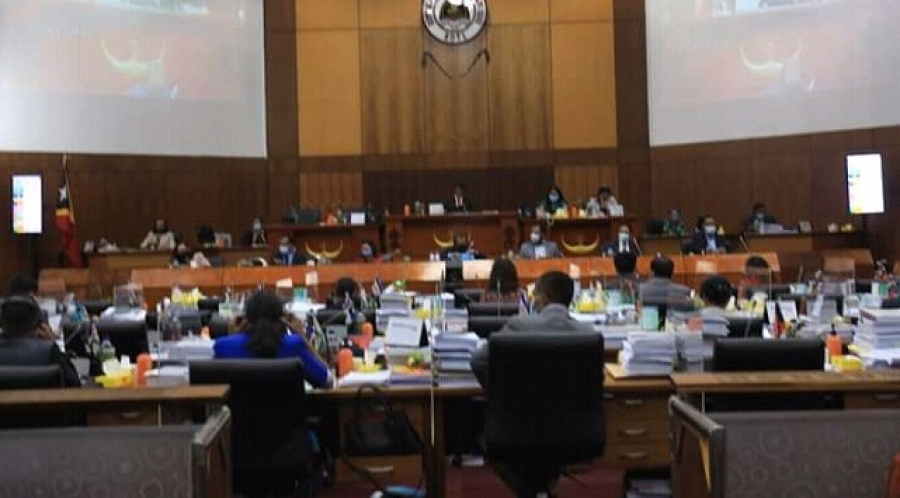People who are not fully vaccinated for COVID-19 must continue to limit movement and all people must wear masks and practice social distancing.
The 39 in favour and 8 abstentions vote had been in little doubt after opposition parties said they would support the move.
In a message addressed to National Parliament, President Francisco Guterres Lú Olo, stressed that “although there has been a slight slowdown in the rate of spread of the pandemic since the beginning of September, which foreshadows a downward trend in the case curve new infections per day, the global epidemiological situation remains, in absolute terms, very serious”.
Lú Olo said that getting people vaccinated was the way to protect people and get life back to normal.
“When we are vaccinated, we are not only protecting ourselves. We are also making a commitment to defend the population of Timor-Leste and all of humanity,” he said.
Timor-Leste recorded just 16 new cases of COVID-19 on Tuesday, its lowest level of new infections in three months, bringing the total number of active cases to 920, according to official data.
Prime Minister Taur Matan Ruak said: “the figures that have been released show that unvaccinated people are in a situation of greater vulnerability in relation to COVID-19, at greater risk of developing more severe forms of the disease and of dying as a result of same."
He also added that "the successful execution of the vaccination plan will represent a new opportunity to lift the limitations and restrictions that still exist and resume the path of economic growth we had trodden in 2019 and which the pandemic has called into question".
Civil society leaders supported the state of emergency extension.
Daniel Santos do Carmo, Executive Director of Timor-Leste’s Non-Government Organisation Forum (FONGTIL), said restrictions must remain until all citizens are safely vaccinated.
Vaccination levels vary across the country.
In Dili, 67% of adults are fully vaccinated compared to 10.9% in Ermera and 27% in Baucau.






